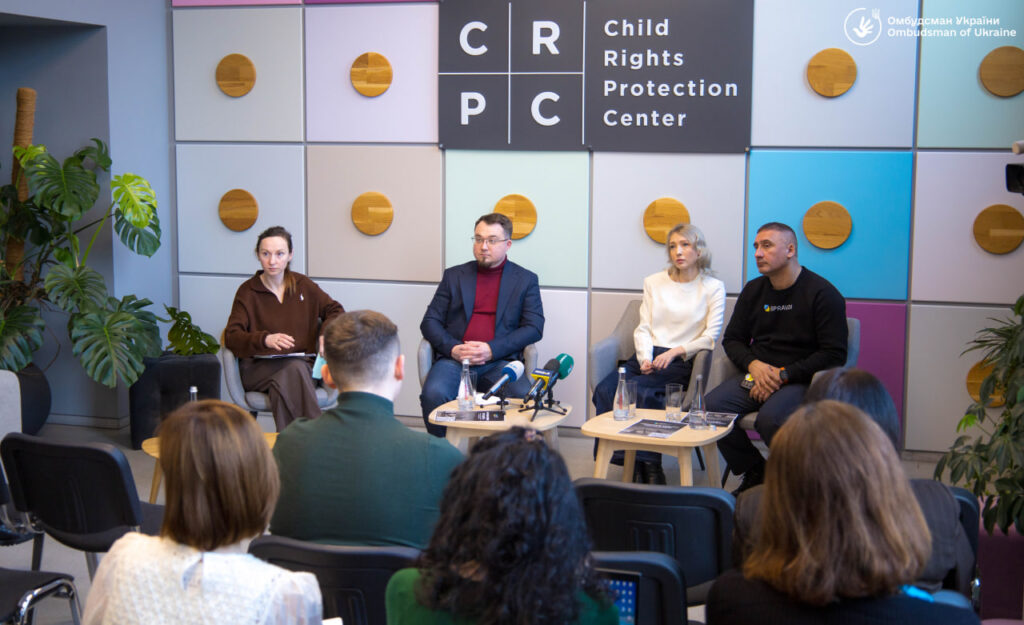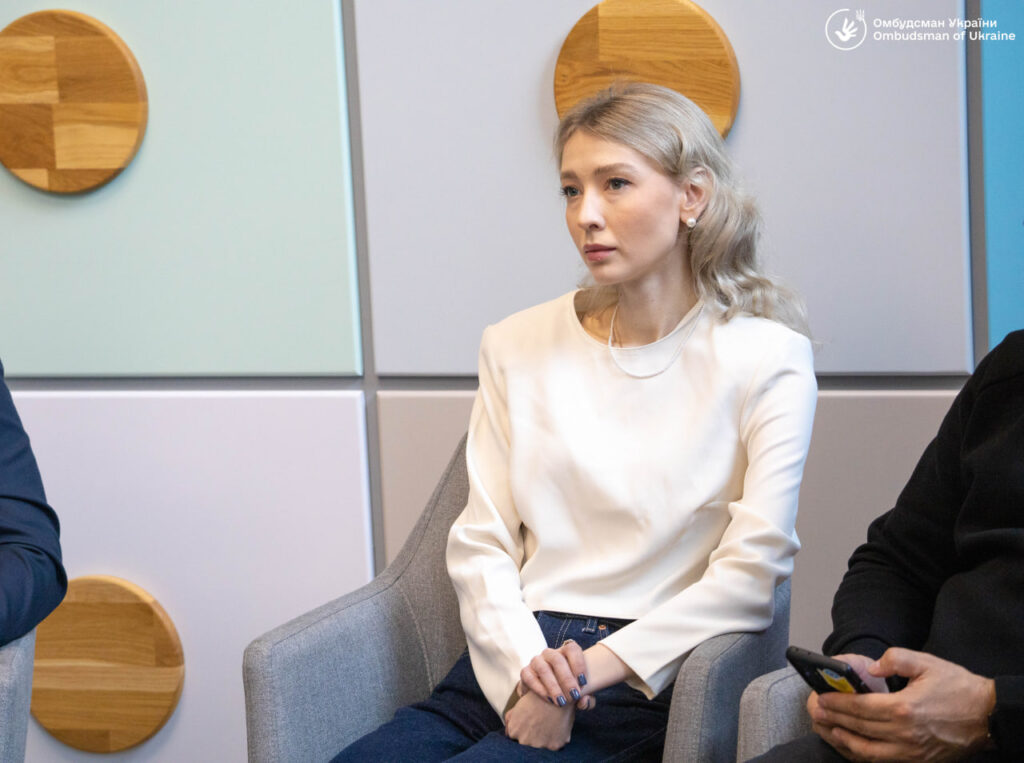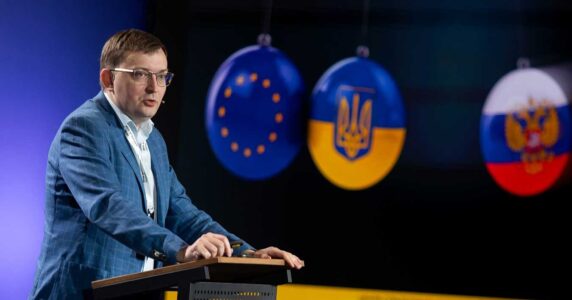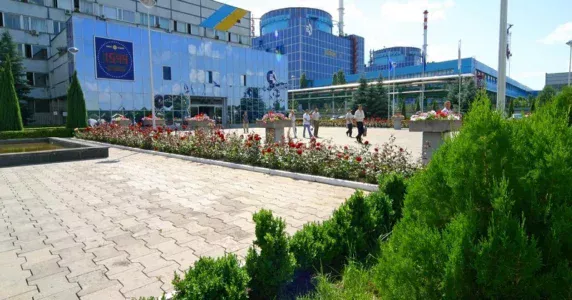Navigation and useful materials
On February 27, the Centre for Strategic Communication and Information Security presented the research “Ukrainian Crimes Against Children: The Structure of the Russian Narratives and Information Operations”, created in cooperation with the Office of the Ombudsman of Ukraine.
Ihor Solovey, head of the Centre for Strategic Communication, explained that accusations of Ukraine’s crimes against children are a key component of Russia’s propaganda narrative:
“This thesis began to take shape back in 2014, but became especially relevant in March 2023, when the International Criminal Court (ICC) issued an arrest warrant for Putin for abducting Ukrainian children. In response, the Kremlin began to actively spread the fake narrative of “Ukrainian crimes against children” to cover this case with false information.”
At the same time, Moscow was stepping up its attempts to destabilize Ukraine from within and discredit it on the international stage.
“In 2024, these efforts reached their peak – the highest since the outbreak of a full-scale war and, in fact, since 2014. And it is the narrative of ‘Ukrainian crimes against children’ that has become an important element of this campaign,” noted Ihor Solovey.
According to the head of the Centre for Strategic Communication, the topic of children is one of the most sensitive, and in the hands of propagandists it turns into a dangerous tool of manipulation. Today, when Ukraine is engaged in a difficult diplomatic struggle for a just peace, it is important to monitor such information threats.

“From a research point of view, this case clearly demonstrates the methodology of Russian propaganda. The topic of “Ukrainian crimes against children” is a reliable marker that indicates the links between certain resources, channels and personalities with Russian special services. Therefore, this study is important not only for analysing a specific narrative, but also for understanding how Russian propaganda works today,” explained the head of the Centre.
In order to respond effectively to information threats, we need to understand how Russian propaganda works systematically.
This was stated by Maksym Vikhrov, senior analyst at the Centre for Strategic Communications:
“The topic of ‘crimes against children” is one of the most triggering and dangerous, as Russia has been promoting it for years, trying to create the idea that children in Ukraine are allegedly sold abroad for illegal adoption, used in sex trafficking networks for Western pedophiles, become victims of black transplantation, and the state is allegedly implementing “nazi ideology”.
The Russian propaganda campaign to discredit Olena Zelenska: key narratives and information operations
These fakes are spread in a systematic way and are part of the Kremlin’s targeted information campaign. This narrative is used not only for the domestic Russian audience, but also to influence Ukrainian society – to undermine trust in the state, the Armed Forces and key institutions.
“At first glance, these fakes may seem absurd, but they are designed for people in distress – for example, residents of frontline areas who are hesitant to evacuate,” the senior analyst explained.
In 2024, Russia made unprecedented efforts to discredit the Ukrainian government. The topic of “crimes against children” is also used in this context, for example, to attack the Olena Zelenska Foundation.
“This propaganda campaign works in combination with other disinformation narratives, and its ultimate goal is to sow distrust and force people to make decisions favorable to the Kremlin. In addition, these information operations are aimed at Western audiences to undermine support for Ukraine in the world,” said Maksym Vikhrov.
In July 2023, a parliamentary commission was established in Russia at the State Duma level to “investigate Ukraine’s crimes against children.” This commission continues to work and regularly publishes documents that support the Kremlin’s narrative.

“It is interesting that the head of this commission is Anna Kuznetsova, a person who may well be subject to an international arrest warrant from the International Criminal Court (ICC). Her appointment is not accidental: she is fully convinced of her own propaganda mission and continues to broadcast the Kremlin’s narratives,” said Kateryna Rashevska, PhD in International Law, expert at the Regional Center for Human Rights.
“This situation is reminiscent of the events of World War II. Before the surrender of Nazi Germany, there were special units that collected information about the alleged crimes of the USSR and its allies, preparing materials for their own “tribunal” after the victory,” the expert added.
Russia is now using a similar mechanism: it collects fabricated evidence and manipulates facts in order to present its own version of events in the future, Rashevska noted.
If you have found a spelling error, please, notify us by selecting that text and pressing Ctrl+Enter.


